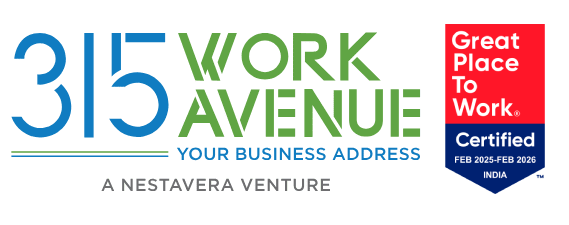The home office is getting a lot of attention these days, as are the fancy new workplace safety measures in the offices. Employment is booming whether you work from home or in the office. Neither of these desires can be met except with hybrid work. Hybrid work is backed by HR and people teams everywhere as the way of the future, with no signs of the pandemic ending any time soon.
Research done by Gartner shows that 75% of hybrid and remote knowledge workers have increased expectations regarding work flexibility. If you insist on remote employees going back to an in-person office, you may lose 4 out of every 10 employees!
As millions of employees strive for more flexibility and autonomy, how will hybrid work impact their future?
Rather Than Managing Performance, We’ll Enable It
Organizations that want to improve their ROI, revenue, and employee retention have always put performance management at the top of their priorities. For hybrid environments to be successful in the future they will need to do more than manage employees, they must enable them through dynamic, synchronized objectives and goals.
A company’s mission and purpose should align employees with the goals of the organization, rather than setting and revisiting goals every year. The use of transparent, agile, team-oriented goals makes this possible with an effective and timely goal-setting approach.
The OKR (Objective and Key Rules) framework is the best solution for setting effective objectives that can be scaled for companies of all sizes. This framework enables individuals to perform better by setting goals based on common factors. Managing agile goals, development, and ongoing feedback will likely be managed by this framework, or something similar.
A process for reviewing objectives and key results is in place. Dynamic platforms will enable organizations to track feedback, check-in calls with employees, and goals all in one place, enabling employees to keep track of their progress.
Streamlined technology solutions are desired by remote workers, WorkAvenue315, a coworking space in Bangalore, India reports. One of these solutions is to provide a single device for both private and work use. Three-quarters of workers who manage work and home devices felt overwhelmed in 2020.
Those struggling to cope with the number of devices they are required to use can imagine how much worse it would be if employees had to track OKRs, feedback, and 1:1s across multiple locations at the same time!
Collaborative Efforts Are Paramount
Managing setups is a 24-7 task for HR and People since their main concern is fostering a collaborative and inclusive environment for everyone in the office.
For this reason, the office of the future will invest heavily in technology that fosters collaboration and inclusivity. With video conferencing tools like Zoom, Slack will be regularly used as an alternative to hallway conversations in the office. When it comes to a hybrid workplace, seamless communication, transparency, and a company-wide framework are necessities!
The Takeaway: Focus On the Human Element in the Workplace
The workplace will likely take on a more human-centric approach as a result of COVID-19 safety protections and the need to respect and balance each employee’s health concerns.
COVID-19 isn’t over just yet. Teams adopting flexible work schedules will become more likely to use hot-desking, the practice of allocating desks and rooms as needed.
These trends will likely lead to more co-working spaces for employees who are close by, like the WorkAvenue315, shared office space in Bangalore for employees living around Koramangala!
There will likely be an increase in enclosed meeting rooms, where employees can connect with their colleagues on the other side of the world, as many offices will have to be restructured to accommodate social distance measures!




